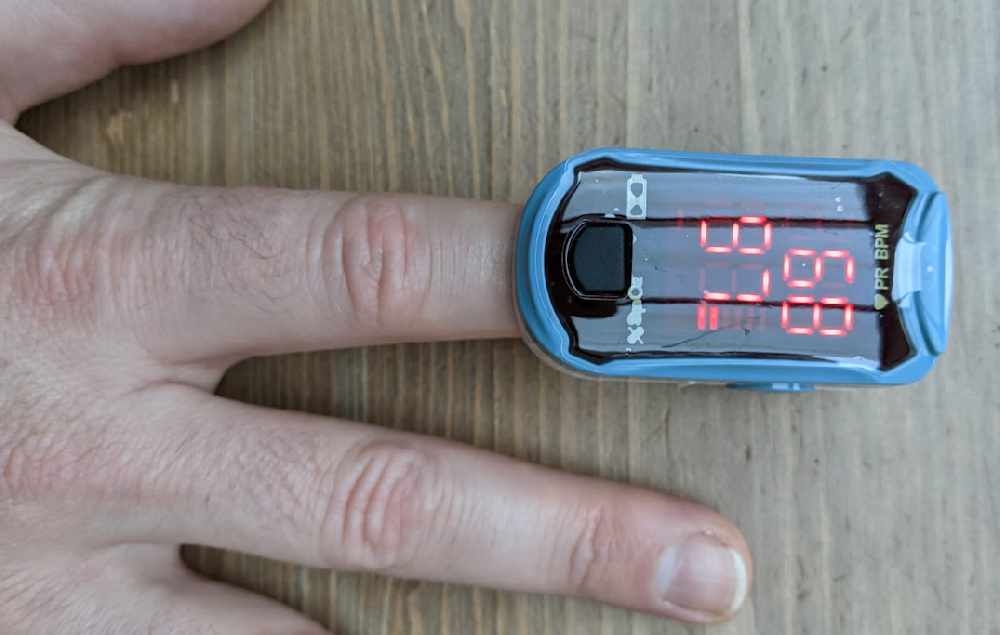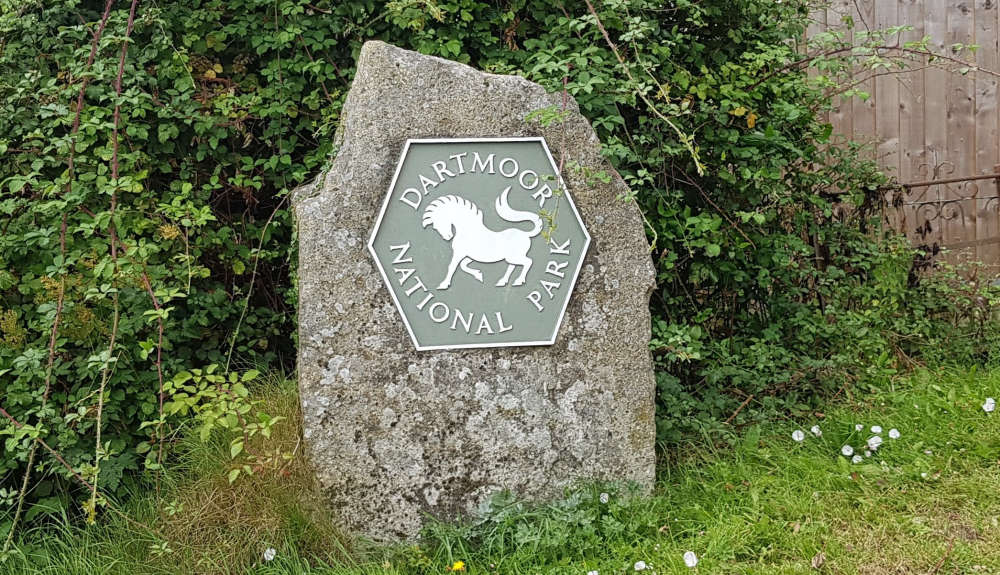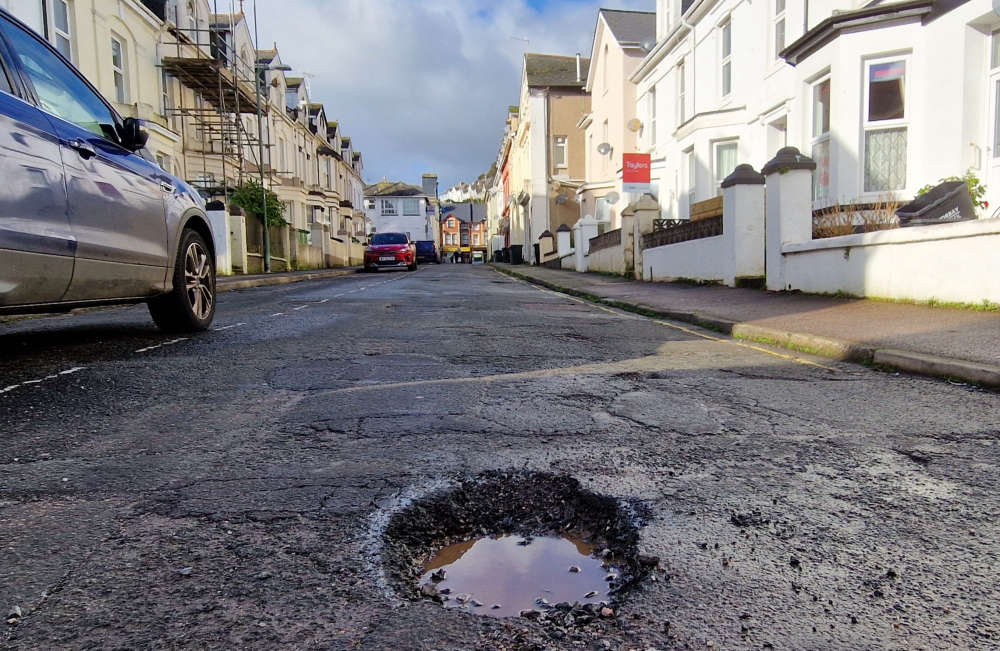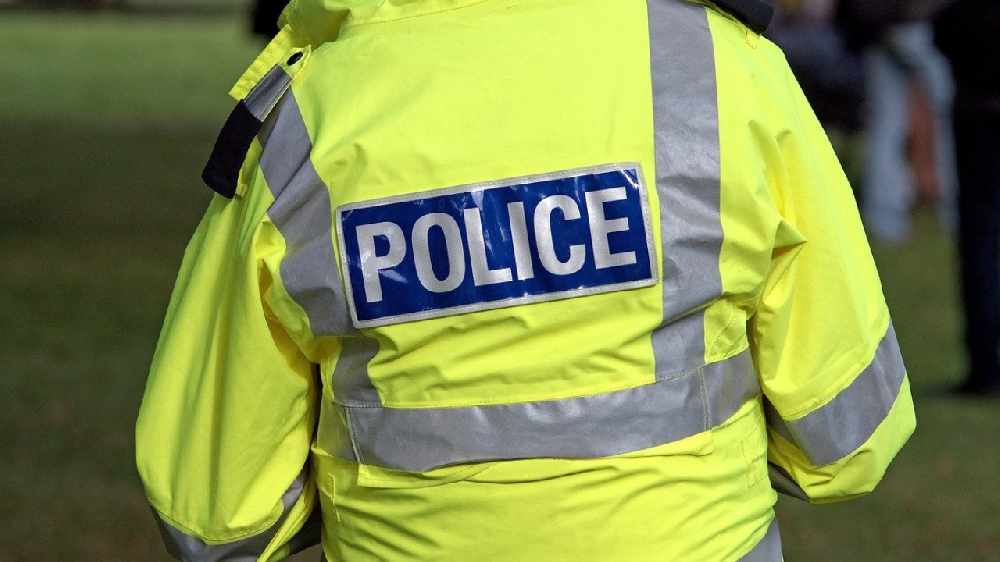
Delivery driver gets his finger out
A Devon man says a £15 device that monitors body oxygen levels may have saved his life after he contracted covid.
Delivery driver Barry Bishop, 54, of Okehampton, experienced breathing problems after testing positive in February. He was given a pulse oximeter as part of an NHS scheme called Covid Oximetry at Home which shows users when their blood oxygen levels are getting dangerously low.
Pulse oximeters measure blood oxygen levels by transmitting light through a finger – they are more accurate than smart watches or phones which make less accurate readings by reflecting light off the skin.
One of the dangers of coronavirus is that it can cause levels of oxygen in the blood to drop dramatically without any obvious symptoms, such as shortness of breath of feeling very unwell – known as silent hypoxia. This can result in patients going to hospital too late to be treated effectively, sometimes leading to death.
Now Devon GPs are loaning the devices free to people over 65 or whom are clinically extremely vulnerable, including care home residents.
Mr Bishop can't talk more highly of them. “It’s very simple to use and I was taking readings on a daily basis after my practice recommended it to me," he says.
"One day, the reading dropped and I was having difficulty breathing so I called up and was admitted to hospital in Exeter. I was in for five days and was on oxygen.
“Without the device you would not know your oxygen levels are dropping so it may well have saved my life because it acts as an early warning system. I would definitely recommend using one.”
Mr Bishop is continuing to monitor his levels using the oximeter as he continues his recovery at home.
Dr Emma Funnell, a GP at Chilcote Surgery in Torquay, has provided oximeters to several patients in the past few months. She said: “One of the dangers with coronavirus is that patients can deteriorate very quickly without any obvious symptoms. This small device helps us to monitor patients safely at home so we can give them the care they need.
“I encourage anyone who has coronavirus and is over 65 or on the shielding list to talk to their GP about getting a pulse oximeter.”
Patients record their results using a smartphone app, web portal or paper diary, with normal oxygen levels between 95 – 100 per cent. Individuals whose levels drop are given clear clinical advice from the NHS on what to do, which may include contacting their GP, calling 111 or 99, or attending A&E.
Margaret Butler, 76, of Dawlish, also used the device in February after her local GP practice suggested it. She said: “I would 100 per cent encourage people to use it – it gives reassurance and peace of mind that you will know if something is going wrong and you need help.
“It’s not complicated and I entered the readings via an app on the iPad which was simple to download.”
If, after 14 days of the onset of symptoms, patients show no signs of deterioration with coronavirus, they will be appropriately discharged from the service and given advice on returning the oximeter safely, and how to continue supporting themselves at home.
For people not in eligible groups to be loaned the devices, they are available to buy for around £15.
 Speeders impacting on Dartmoor's visitor numbers
Speeders impacting on Dartmoor's visitor numbers
 Get your name engraved on Exmouth lifeboat
Get your name engraved on Exmouth lifeboat
 Cricket club benefits from crime
Cricket club benefits from crime
 Anger at Teignmouth health project 'impasse'
Anger at Teignmouth health project 'impasse'
 Council strategy blasted for 'ignoring Paignton'
Council strategy blasted for 'ignoring Paignton'
 Girl in hospital after dog attack
Girl in hospital after dog attack
